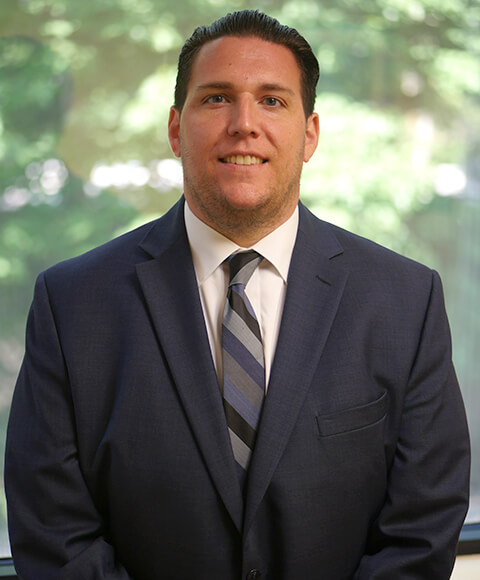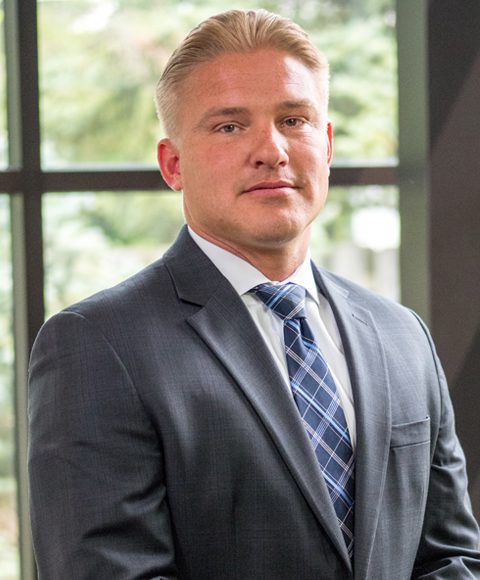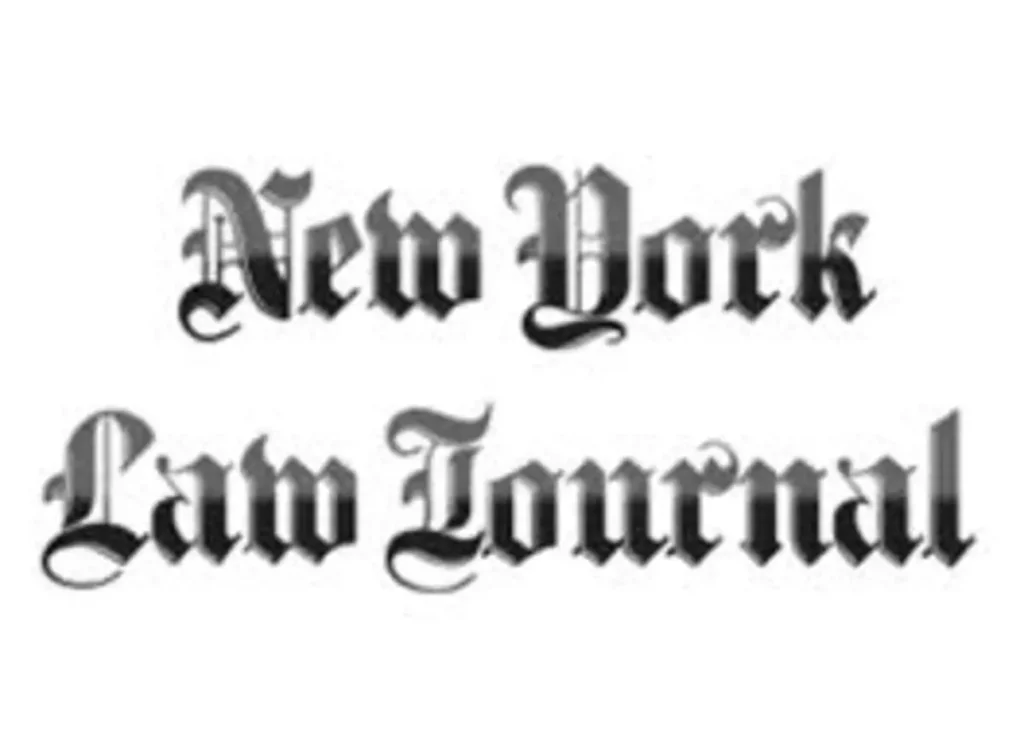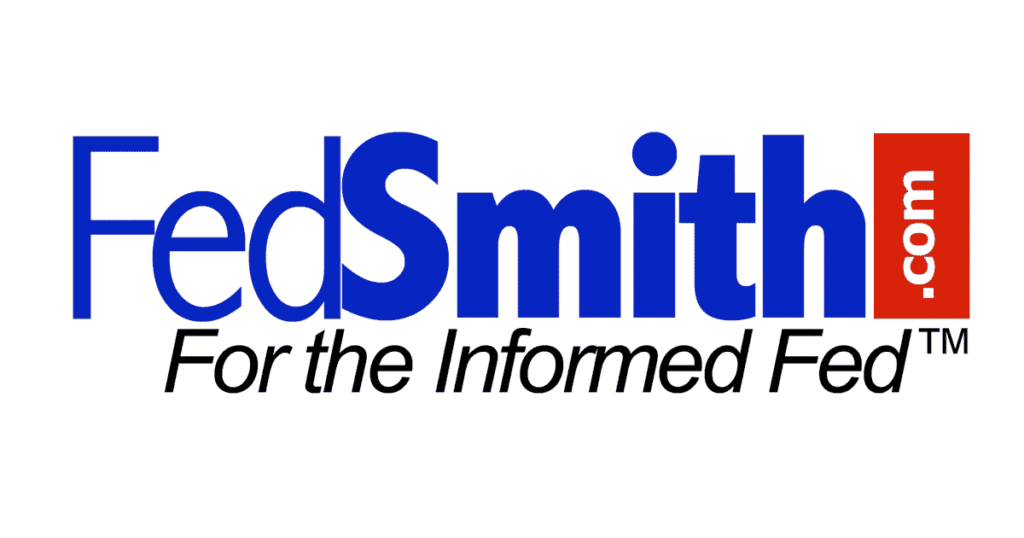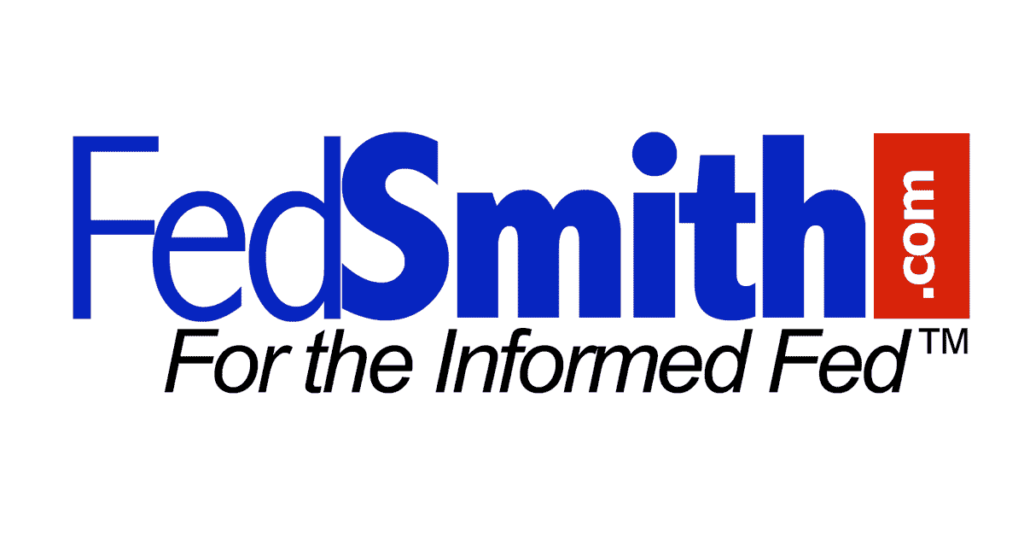The Fair Labor Standards Act (FLSA)
The Fair Labor Standards Act (FLSA) sets forth the mandate that nonexempt employees who work over 40 hours in a workweek receive pay at 1.5x the normal rate for those overtime hours. FLSA also defines who is exempt from overtime pay and who is not (nonexempt). Certain executive, administrative, and professional (EAP) employees are exempt from the overtime rules outlined in the FLSA. However, there are specific guidelines that must be met for each category of worker (executive, administrative, professional) to be considered exempt from FLSA overtime pay.
Who is an Exempt Employee?
Certain executive, administrative, and professional employees who meet the requirements set forth by the United States Department of Labor (DOL) are not permitted to be paid overtime for any hours worked over 40 within a given workweek. All executive, administrative, and professional employees who meet the requirements must be paid on a “salary or fee basis” and must be compensated at a rate higher than the current salary thresholds set forth by the DOL and the New York State Department of Labor. In addition, each class of exempt employees must meet certain qualifications to hold exempt status.
To qualify under the executive exemption, an employee must:
- Direct the work of 2+ full-time employees (or the equivalent)
- Have a direct role in “managing the enterprise, or managing a customarily recognized department or subdivision of the enterprise.”
- Have the authority to hire and fire employees, or their opinions on the hiring and firing of employees has “particular weight”.
To qualify for exempt status under the administrative exemption, an employee:
- Has a primary duty of “office or non-manual work directly related to the management or general business operations of the employer or the employer’s customers.”
- Exercises discretion in matters of significance.
To be considered exempt under the learned professional employee exemption, the employee must:
- Perform work that involves advanced knowledge, is intellectual in character, and requires the “consistent exercise of discretion and judgement”.
- The knowledge required is in a field of science or learning.
- The advanced knowledge is “acquired by a prolonged course of specialized intellectual instruction”.
For a creative professional to have exempt status, their work must require “invention, imagination, originality or talent in a recognized field of artistic or creative endeavor.” There are also exemptions for computer employees, outside sales employees, and highly compensated employees.
While each class of employee has their own exemption standards, all employees must meet the salary requirements and minimum salary thresholds to be considered exempt from overtime pay. While the U.S. Department of Labor (DOL) has their own minimum salary thresholds that states must abide by, many states have chosen to enact their own salary thresholds for exempt employees. It is best to connect with an experienced employment law attorney, like those in Tully Rinckey’s New York employment law practice to see what applies in your specific circumstance.
U.S Department of Labor Salary Thresholds
In April of 2024, the Biden-Harris administration announced changes to the salary thresholds in an effort to protect “lower-paid salaried workers” from exemption from federal overtime pay rules. Beginning in 2027, the salary threshold will be updated every 3 years based on the available wage data at the time.
Should a state not have their own set salary threshold for executive, administrative, and professional exempt employees, the DOL threshold will apply.
New York State Department of Labor Salary Thresholds
In 2024, the New York State Department of Labor (NYDOL) enacted new salary thresholds for certain exempt employees. The threshold will continue to increase on a yearly basis through 2026. It is important to note that New York State does not have a minimum set salary threshold for professional employees. To qualify for a professional exemption in New York State, an employee must meet the federal professional exemption salary threshold.
Through the year 2026, the salary thresholds in New York State are as follows:
- 2024: $1,200.00 per week ($62,400.00 per year) in New York City, Long Island, and Westchester, and $1,124.40 per week ($58,458.40 per year) for the rest of New York State.
- 2025: $1,237.50 per week ($64,350.00 per year) in New York City, Long Island, and Westchester, and $1,161.65 per week ($60,405.80 per year) throughout the rest of the state.
- 2026: $1,275.00 per week ($66,300.00 per year) in New York, Long Island, and Westchester, and $1,199.10 per week ($62,353.20 per year) in the rest of New York State.



